The Accordion Method For Interviews: Speak in Soundbites
___
BONUS FREEBIE: I have a resource for you that will help you prepare to talk with media and audiences. It’s the 10 Questions Every Author Needs to Answer. You can grab the fiction and nonfiction lists here.
___
When I was a senior health producer at Fox News Channel, I booked guest experts all the time.
Sometimes experts rambled when the host wanted a short answer, and sometimes people didn’t give enough information.
To be a go-to media expert, you need to be able to deliver your content in a way that fits the situation.
That means you have to be able to talk about your expertise within different time constraints.
This is the core of my media prep plan that I teach my media-training clients.
I call it the “Accordion Method.” I always use this when I do media appearances about my own work as well.
Here are five steps for using the Accordion Method for success.
1. What is the question?
First, brainstorm the basic question (or questions) you’ll likely be asked during the interview. You need to get to know the show and its audience to figure this one out.
2. Watch previous episodes and see what kinds of questions the hosts usually ask experts.
For example, I’m often asked “Why did you write a book about lists?”
3. What is the short answer?
Once you come up with a key question, you need to draft a short answer. This is the answer you give when you only have a few seconds.
Think in headlines. Producers like when you speak in soundbites – it makes their job easy!
Who would you invite back if you were a producer — the expert who took a long time to get to the point, or the one who delivered short and sweet quotes? I know who I’d pick.
For example, my short answer to “Why did you write a book about lists?” is “Lists changed my life!”
It’s short – to the point and it gets the message across succinctly and powerfully.
4. What is the medium answer?
When you have a little more time, you can open up the accordion a bit and use your medium answer. Just like for your short answer, you want to get right to the point — but now you can add a little more detail.
For example, my medium answer for “Why did you write a book about lists?” is “Lists changed my life. I went from overwhelmed and disorganized to successful and less stressed.”
Here’s the key to medium answers: Start with a bang and then add some context and evidence, rather than the other way around.
This isn’t intuitive, because it’s not how we usually write. Usually, you’d start with a story and then finish with a thesis statement.
But beginning by saying something like “lists changed my life” grabs the audience’s attention right away.
Don’t hold back — start with your thesis, your big line, your controversial statement! Pack a punch right from the beginning.
5. What is the long answer?
This answer is for when you have the most time. You begin with a strong start, just like with the medium answer, but then you add to it.
You’re still working in headlines, but now you can add more details. You need to give compelling evidence for your attention-grabbing short answer.
Here’s my long answer: “Lists changed my life. I went from overwhelmed and disorganized to successful and less stressed. Every night before I leave my desk for the evening, I make a to-do list for the following day. I run through everything I need to do the next day so I can hit the ground running in the morning.”
Did you notice how all my details are specific? My explanation of my routine is my evidence for my first statement.
Now that you know the Accordion Method, you can use it for your media prep or anytime you’re speaking in public. Start noticing how newspaper articles are written and how news anchors speak – it’s this exact way.
Here’s a quick recap:
- Make the producer’s job easy — always speak in soundbites and headlines
- Start with an attention-grabbing first statement and then add evidence (when you have time!)
- Once you develop your short, medium, and long answers: practice, practice, practice! Here’s a few tools for creating videos and watching them back.
___
BONUS FREEBIE: I have a resource for you that will help you prepare to talk with media and audiences. It’s the 10 Questions Every Author Needs to Answer. You can grab the fiction and nonfiction lists here.
___

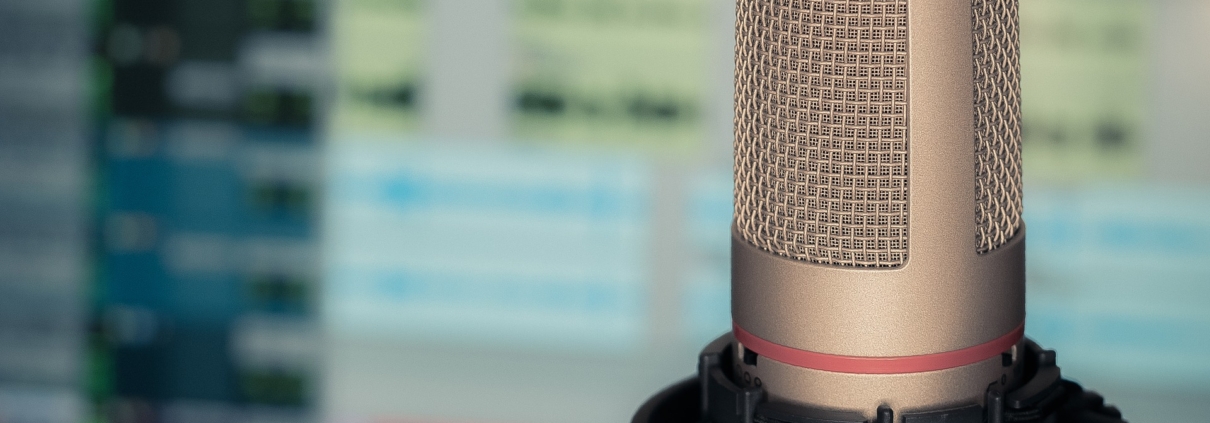
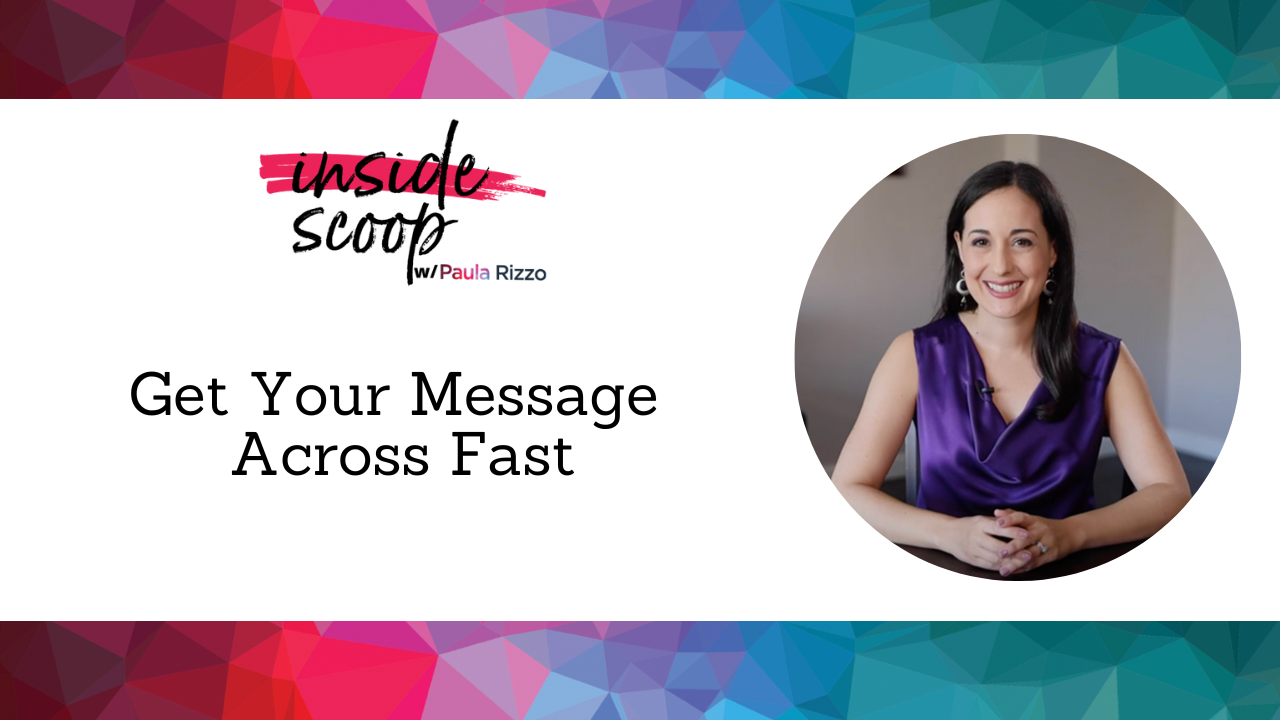
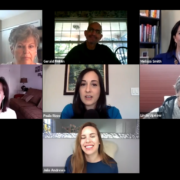
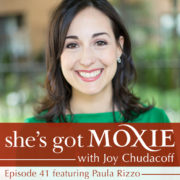
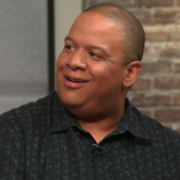



Leave a Reply
Want to join the discussion?Feel free to contribute!